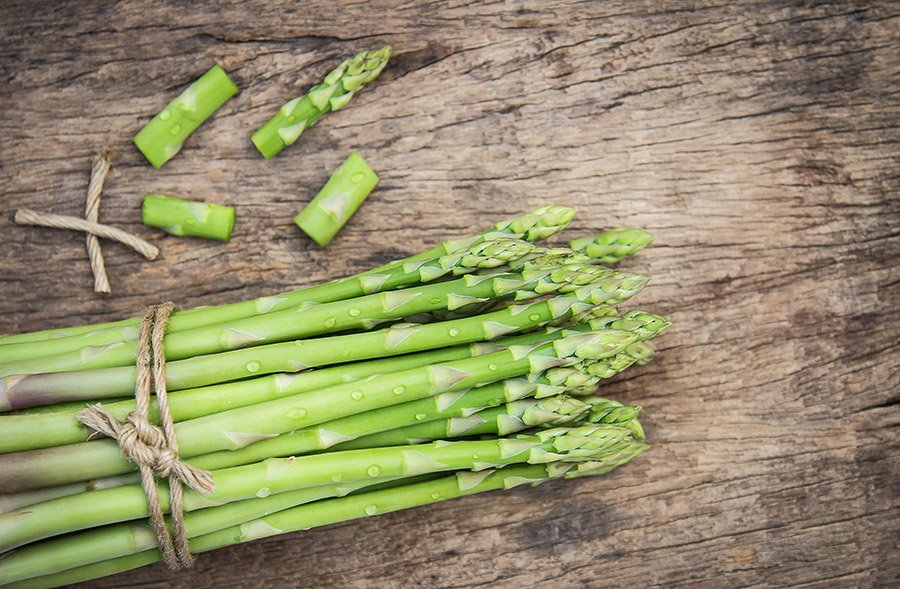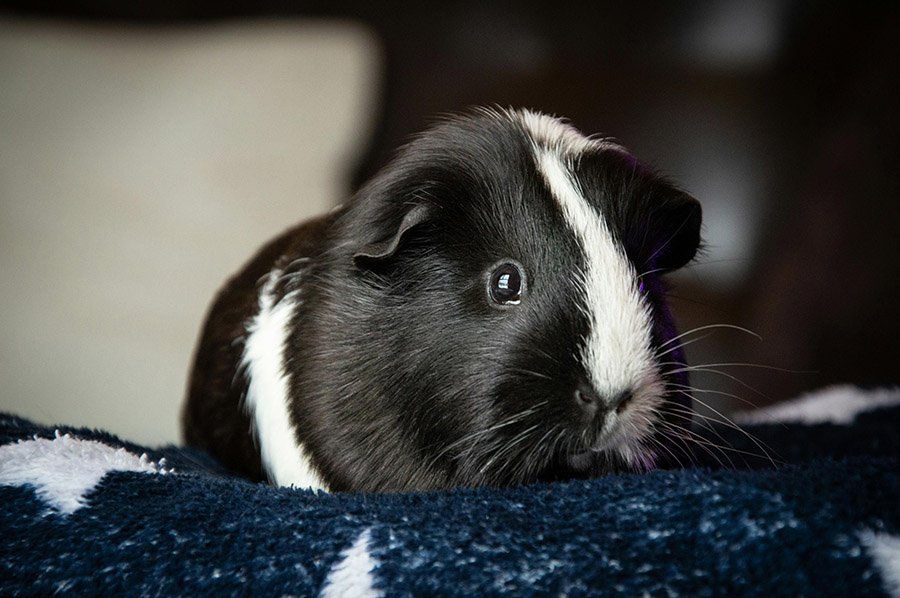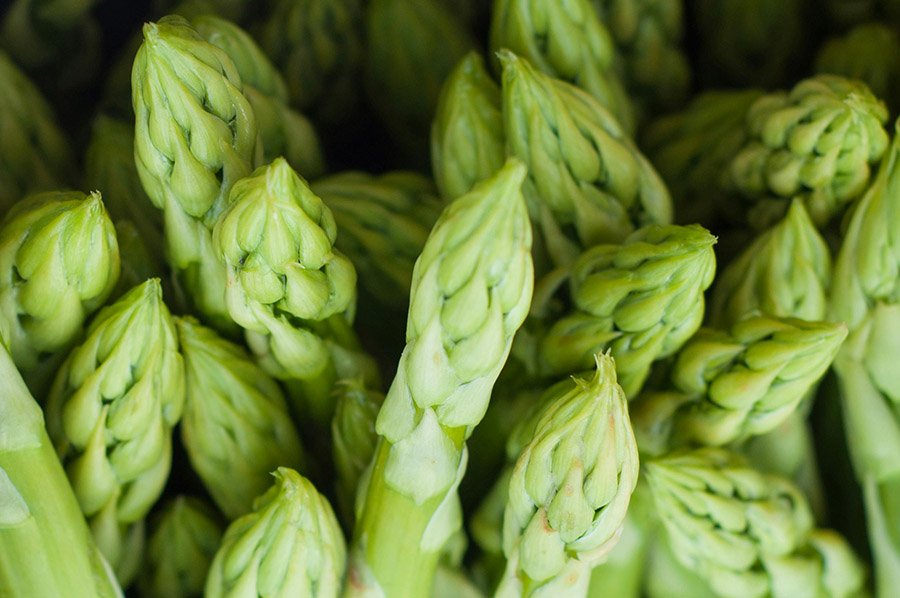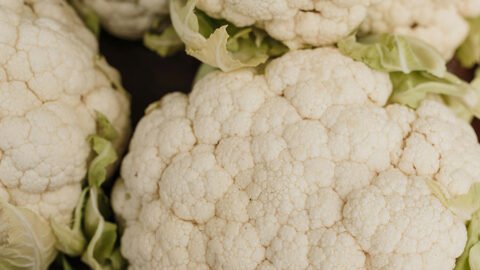Guinea pigs are adorable, curious creatures that thrive on a well-balanced diet primarily consisting of hay, fresh vegetables, and a limited amount of fruits. As a responsible pet owner, you might wonder if you can share your asparagus with your guinea pig.
The short answer is yes—guinea pigs can eat asparagus, but it should be given in moderation and with specific precautions. Understanding both the benefits and potential risks of feeding asparagus to your guinea pig is crucial to ensure their health and happiness.
Nutritional Benefits of Asparagus for Guinea Pigs
Asparagus is packed with nutrients that can be beneficial to guinea pigs. It contains essential vitamins and minerals, such as Vitamin C, Vitamin A, potassium, and fiber.
- Vitamin C: Since guinea pigs cannot produce their own Vitamin C, it’s vital to include sources of this nutrient in their diet to prevent scurvy, a common issue among guinea pigs. Asparagus provides a small amount of Vitamin C, which contributes to maintaining a healthy immune system.
- Vitamin A and Antioxidants: Asparagus also contains Vitamin A and antioxidants, which are important for maintaining good vision and reducing the risk of various diseases. The antioxidants in asparagus help fight free radicals, which can cause cell damage and lead to health problems over time.
- Fiber: High in fiber, asparagus aids in digestion, helping to maintain a healthy gut. A diet rich in fiber is crucial for guinea pigs to prevent digestive issues such as constipation and to promote overall gastrointestinal health.

Potential Risks of Feeding Asparagus to Guinea Pigs
While asparagus can be a healthy addition to your guinea pig’s diet, it’s important to be aware of the potential risks:
- Calcium Content: Asparagus contains calcium, which is essential for growing guinea pigs but can be problematic for adults. Excessive calcium intake can lead to bladder stones, a common and painful condition in guinea pigs. This makes it important to limit the amount of asparagus and monitor your pet’s calcium intake overall.
- Digestive Issues: Guinea pigs have sensitive digestive systems, and introducing asparagus too quickly or feeding it in large quantities can cause digestive upset. Symptoms like bloating, diarrhea, and gas can occur if your guinea pig consumes too much asparagus at once.
- Allergic Reactions: Although rare, some guinea pigs may be allergic to asparagus. If you’re feeding asparagus to your guinea pig for the first time, start with a small amount and watch for signs of an allergic reaction, such as vomiting, diarrhea, or unusual behavior.
How to Safely Feed Asparagus to Guinea Pigs
To safely introduce asparagus into your guinea pig’s diet, follow these guidelines:
- Preparation Tips: Always wash asparagus thoroughly to remove any pesticides or chemicals. Cut the asparagus into small, bite-sized pieces to prevent choking and make it easier for your guinea pig to eat. Avoid cooking the asparagus, as guinea pigs should only eat raw, fresh vegetables.
- Serving Size and Frequency: Limit the serving size to about ¼ cup of asparagus once or twice a week. It’s important not to make asparagus a daily part of their diet. Instead, mix it with other safe vegetables to provide a balanced diet. Monitoring their intake helps prevent any negative side effects from overconsumption.

Can Baby Guinea Pigs Eat Asparagus?
Baby guinea pigs have more sensitive digestive systems than adults and require a special diet primarily consisting of their mother’s milk, fresh alfalfa hay, and water.
Asparagus should not be introduced to baby guinea pigs until they are older and have started eating a variety of solid foods. When you do introduce it, do so gradually, observing how they react before making it a regular part of their diet.
Conclusion
Asparagus can be a nutritious treat for guinea pigs when fed in moderation. It provides essential vitamins and fiber that can benefit your pet’s overall health. However, it’s important to be mindful of the potential risks, such as digestive issues and calcium-related problems.
By preparing asparagus properly and serving it in controlled amounts, you can safely add this vegetable to your guinea pig’s diet. Always observe your guinea pig after introducing new foods to ensure they remain healthy and happy.








